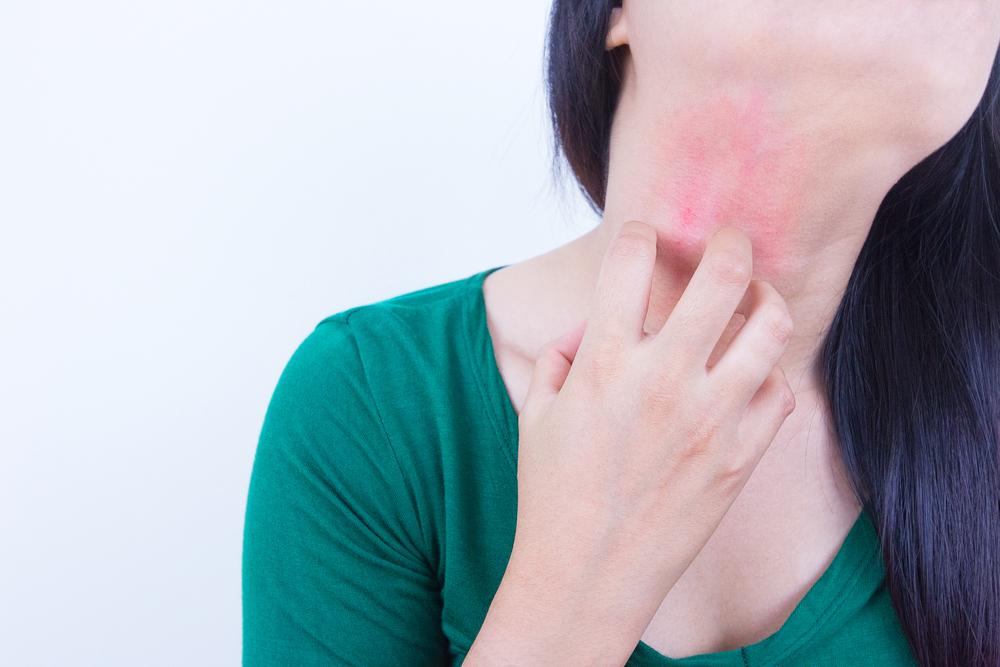Effective Treatment Options For Chronic Urticaria
Effective treatment options for chronic urticaria
Urticaria is an allergy that is caused by a reaction to food or any other substance. If the allergies are temporary and disappear in a few days, then it is considered to be mild. However, if it lasts for around six weeks or more, it’s called chronic urticaria.
In this condition, the hives on the skin keep appearing for no particular reason. Chronic urticaria is an autoimmune disease.

Chronic urticaria – Treatment
Doctors normally suggest over-the-counter drugs such as antihistamines. However, if they don’t help, you can opt for other chronic urticaria treatment options.
Antihistamine
Histamine is a symptom inducing hormone responsible for most allergies. This medicine blocks it and curbs the symptoms. Some of the medications prescribed are:
- Fexofenadine
- Cetirizine
- Loratadine
- Desloratadine
If smaller dosages do not help, doctors will suggest stronger ones that should be taken only at bedtime. It is best to have these medications only after consulting with your doctor.
Antidepressants
There is a tricyclic antidepressant called doxepin that is available in the form of a cream. It is effective in reducing the itching and any irritation on the skin. Consuming this drug may cause drowsiness.
Histamine blockers
These can be taken orally or through injections. Examples of a few H-2 receptor blockers are ranitidine, famotidine, and cimetidine.
Anti-inflammatory medicines
These can reduce the swelling caused by hives. These are the short-term control for reducing the swelling. If taken for longer periods of time, they can lead to severe hives. Anti-inflammation medicines have side effects if consumed in large amounts. Prednisone is an anti-inflammatory drug.
Asthma drugs
The best way to take asthma drugs as a cure for chronic urticaria treatment is when they are combined with antihistamines. They interfere with leukotriene modifiers that can be very beneficial in reducing symptoms of the condition. Some medications that are used are Zafirlukast and Montelukast.
Man-made antibodies
A drug called Xolair is highly recommended for chronic urticaria treatment. This injectable medicine is given once a month.
Immune-suppressing drugs
These drugs prevent any hormonal changes thus effectively reducing the reaction caused due to chronic urticaria. Some immune-suppressing drugs are Prograf, Neoral Gengraf, and Protopic.
Diet for chronic urticaria treatment
A good diet plays an essential part in recovering from chronic urticaria. When you have this condition, you need to be all the more careful with what you eat. There are a few foods that can help protect the body from the inflammatory symptoms.
Anchovies
They are high in omega-3 fatty acids which have been proven to reduce the intensity of this condition in most people. They are also low in mercury and high in selenium compared to fish.
Mustard greens
They are one of the first foods you will be advised to have if you have hives. They have high amounts of beta-carotene that aid in breaking down histamine and fighting inflammation.
Apples
Apples have high amounts of a bioflavonoid called quercetin that is known to decrease the symptoms causing hives. This component stabilizes the histamine-containing cells.
Turmeric
It has been a traditional cure for hives in India and China for centuries now. Along with several strong medicinal properties, it also is a strong inflammatory that can protect you from the symptoms of hives.
Flax seeds
This is considered to be a powerhouse of nutrients. It has high amounts of fibers vitamin B, magnesium, protein, and several nutrients. When ground, it is also a great source of omega-3 fatty acids that can work as an excellent cure for chronic urticaria treatment.
These foods can help you recover and avoid chronic urticaria.
Other things you can do
Chronic urticaria can cause great discomfort making it difficult to go about your life. While the above chronic urticaria treatments will help you recover, there are few other ways you can ensure that the chronic urticaria treatment you are using will be effective.
- Avoid the triggers that you know of. You can get a list of potential foods that are triggering your condition. These include peanuts, eggs, pollen and medicines such as aspirin.
- Keep your skin in good condition by using a moisturizer. The rashes are bound to get painful if your skin becomes too dry. Make sure you use cream only after consulting with your doctor.
- Stay comfortable with loose clothes.
- Manage your stress and stay relaxed as it has an impact on hormones.
- Take the prescribed medication on a regular basis. Also, ensure you are on a healthy diet filled with all the essential nutrients and vitamins.
Chronic urticaria is not a contagious disease. If you have hives or any rashes on your skin for a prolonged duration, it is best to consult a doctor immediately. Dermatologists are the best doctors to consult for chronic urticaria treatment. Based on your lifestyle and extent of the disease, chronic urticaria can be cured in one to five years.

